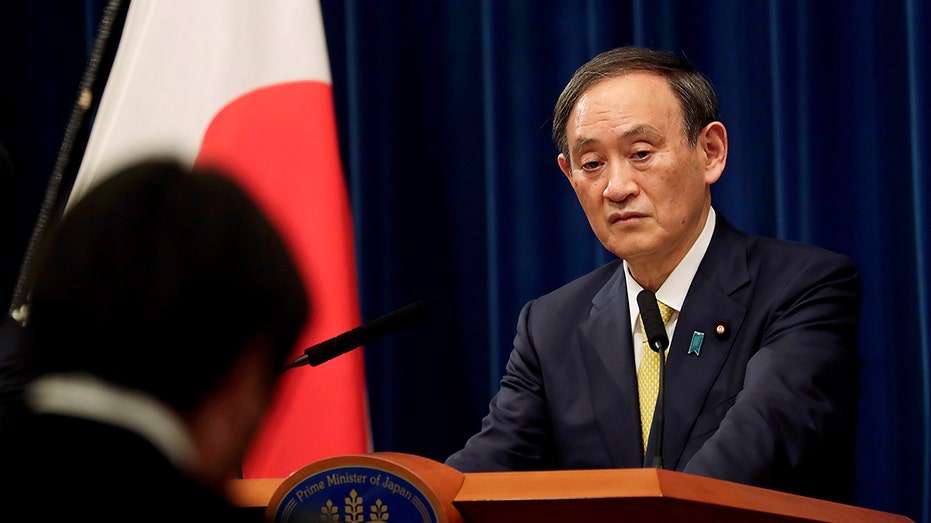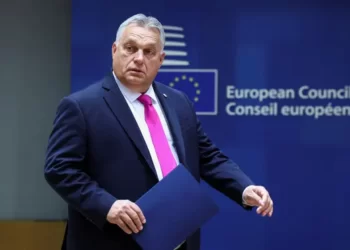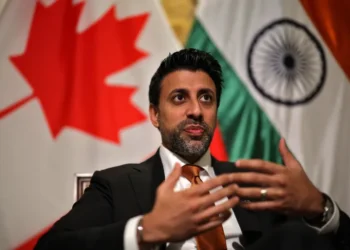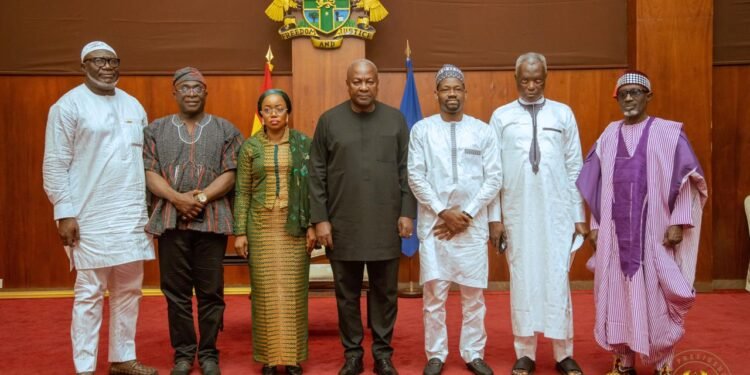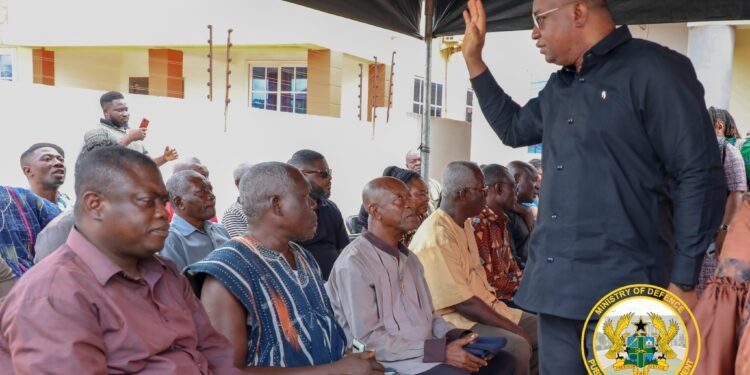Japanese Prime Minister, Yoshihide Suga has today, Friday, September 3, 2021, said he will not run in his party’s upcoming leadership election, hence exiting the political race and rather opening the race to other candidates after a turbulent less-than-a-year term.
Suga, occupied the top role last September after his predecessor, Shinzo Abe, stepped down due to health issues, and has far seen public support nose-dive as he struggles to hold Japan’s growing coronavirus outbreak.
“Working on Covid countermeasures and election activities requires a tremendous amount of energy, so I decided that I cannot work on both and should choose one of them. My mission as a Prime Minister is to protect the life and livelihood of people, so I’d like to concentrate on this.”
Japanese Prime Minister, Yoshihide Suga
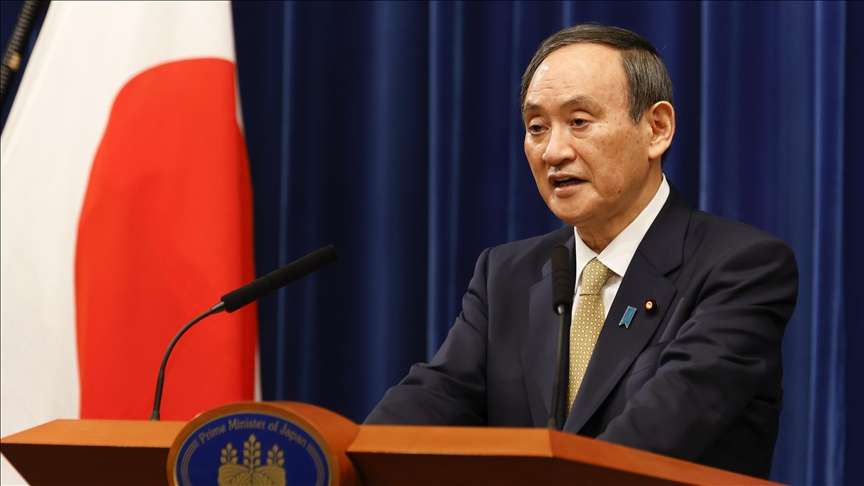
Breaking News: President Akufo-Addo has accepted the resignation of Carlos Ahenkorah.
He also stated that he is looking forward to holding a news conference next week.
The Prime Minister’s decision not to run in the Liberal Democratic Party (LDP) leadership election, scheduled for September 29 this year is a result of a tough 11 months in office marked largely on rising coronavirus infections and a slow vaccine rollout.
The winner of the LDP leadership election is widely expected to become Prime Minister in an upcoming general election scheduled to take place later this year.
Mali Soldiers Promise New Elections after President’s Resignation
Suga, 72, a farmer’s son and former cardboard factory worker, was later seen as a successful political operator known for getting things done.
As a result, he was elected as the LDP leader in September last year with about 70% of the votes. His appointment was widely seen as an effort within the ruling party to promote an image of stability and continuity between Suga and Shinzo Abe, the then outgoing leader.
Ahead of taking over from Abe, the two men had worked closely together for almost eight years in office, when Suga held the position of chief cabinet secretary in Abe’s government.
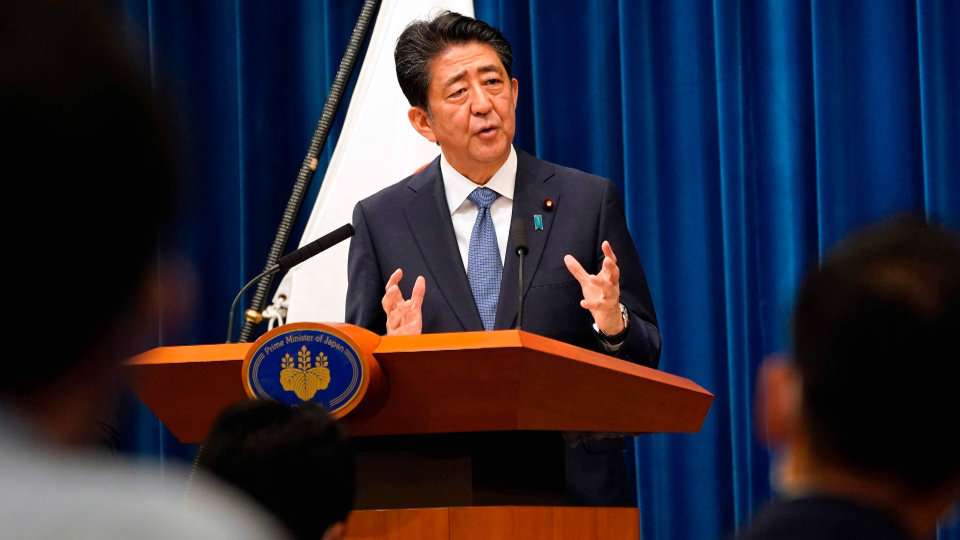
President Akufo-Addo Addresses Special Prosecutor’s Resignation
However, Suga failed to fully remain outstanding from his predecessor’s shadow, especially his handling of the pandemic in particular, which has faced prevalent criticism, with opponents attacking his government’s slow and wavering response.
According to a professor of political science at Sophia University in Tokyo, Koichi Nakano, Suga has seen a falling support within his own party and that is ultimately costing Suga his job.

Nakano noted that Suga had tried to push the LDP “to submission… by hinting that he might even call a snap election in order to preempt the presidential election of the ruling party. He then also was now supposedly working on the cabinet reshuffle and also the reappointment of key figures in the ruling party in order to showcase leadership, and on both counts, he was seen as out of touch, and too high-handed.”
Budgetary Allocation Not Reason For Resignation- Amidu
In December last year, Suga dismissed the need for a coronavirus state of emergency for Tokyo and several other states the following month. Before that, his administration encouraged domestic consumption with a much-maligned “Go-To” campaign, which gave Japanese citizens steep discounts to travel.
But experts pointed to the campaign which eventually saw a halt in December, as a likely contributor to the spread of the virus across Japan.
Aside from this, Suga urged the decision to go ahead with the Tokyo 2020 Olympics, notwithstanding several red flags raised by health officials, including the country’s top coronavirus adviser. Polls conducted showed a majority of the public opposed holding a major sporting event during the pandemic.
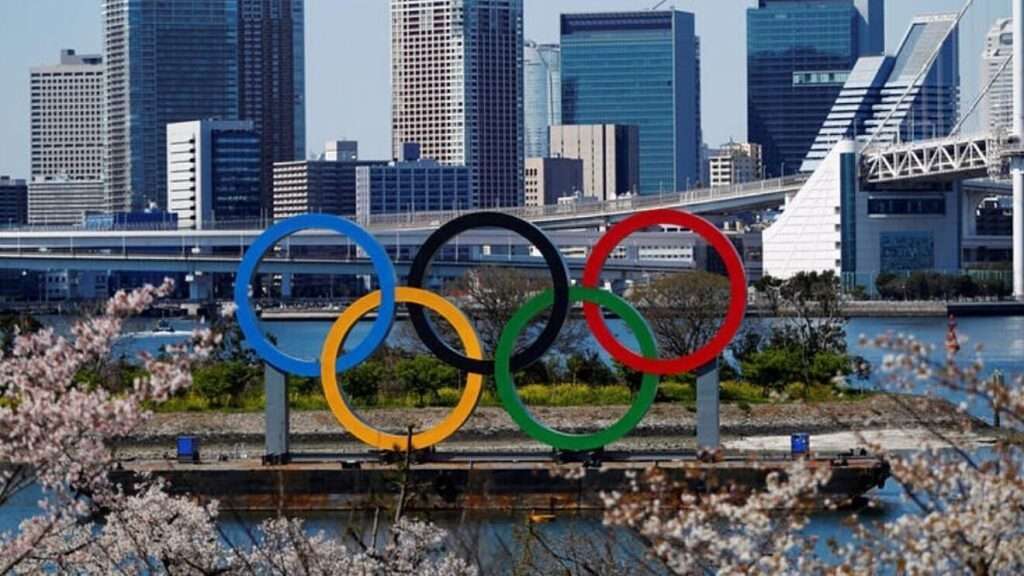
NDC Professionals Forum in North America calls for Health Minister’s resignation
According to Sophia University’s Nakano, Suga had been weighed down by Abe’s legacy.
“The difficulty for [Suga] was that he was trying to leave his mark and also show that he’s an independent politician. But he was so constrained by the policy legacies that were left behind by his predecessor,” he said.
Koichi Nakano
Although the Games went on without any major incidents, COVID-19 cases surged – as experts say going on with the Games, while Tokyo was under a state of emergency, also sent conflicting messages to the public on the need to remain careful.
By August, a survey by Kyodo News revealed that Suga’s approval by the public and electorates had dropped to a record of 31.8%, while more than 65% of respondents said they didn’t want him to remain as Japanese Prime Minister.
Osafo-Maafo’s resignation has made it easier for the President- Ben Ephson
Meanwhile, numerous states of emergency, including Tokyo, have hurt businesses amid rising frustration over the apparent lack of a clear pathway to solving revolving issues on the pandemic. Japan’s vaccine campaign has lagged behind other developed nations, supposedly blamed on bureaucracy and logistical hurdles.
Read Also: Ghana’s economy in a difficult state- IFS

